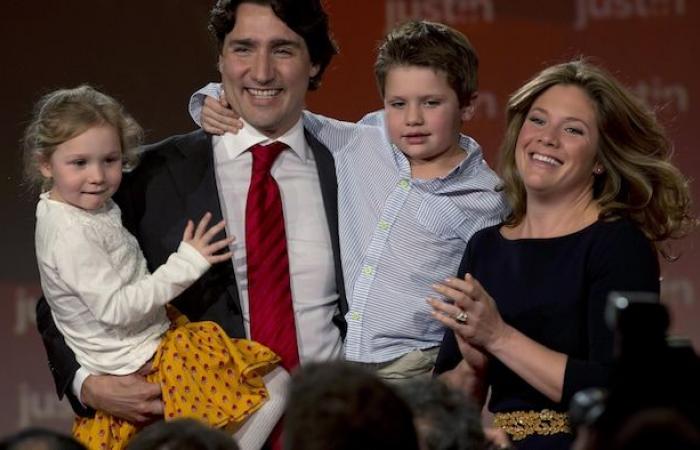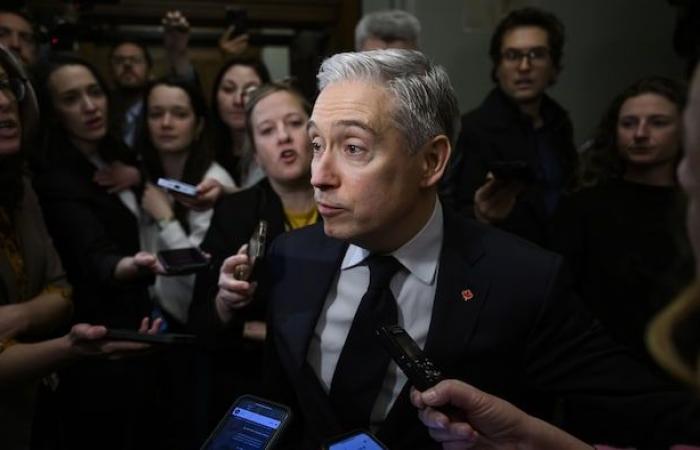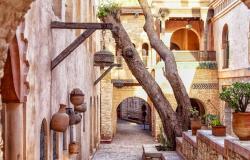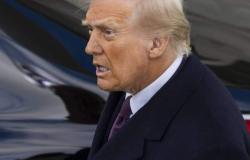In politics, there is never a perfect situation, they say behind the scenes of parliament. You have to deal with the challenges that present themselves to you, go for it, and try to make the most of them.
But sometimes the situation is so imperfect that it borders on paralysis.
For anyone wishing to try to take the reins of the Liberal Party of Canada and succeed Justin Trudeau, the situation is highly imperfect.
So much so that – after ministers Dominic LeBlanc and Mélanie Joly – a good number of potential candidates also risk passing their turn in order to avoid what some Liberals fear as a possible political suicide
.
The aspiring leaders must make their decision quickly, by January 23, which leaves them less than two weeks to test their support, find organizers and draw up the broad outlines of their political offer.
If they choose to take their place on the starting blocks, they will have to begin a sprint which will not give them any respite until the activists’ vote is revealed on March 9. They therefore have less than two months to convince the latter, but also to put on the clothes of prime minister.
The previous leadership race, in 2013, lasted five months, but was launched unofficially a year before the vote, on the heels of Michael Ignatieff’s defeat in the May 2011 general election. That full year had been valuable, at the time, to build Justin Trudeau’s candidacy, recalls one of his former close collaborators.
Open in full screen mode
Justin Trudeau, his wife Sophie Grégoire and their children Xavier and Ella-Grace celebrating his victory for the leadership of the Liberal Party of Canada on April 14, 2013 in Ottawa.
Photo: The Canadian Press / Adrian Wyld
That year had been very useful. It allowed Justin Trudeau to learn, to refine his message, to move to another level, recalls this long-time liberal source. This time, someone is being asked to become prime minister on day 1.
Candidates will have no time for mistakes or hesitations.
Record registration fees
Those who dream of running for the leadership will not only have to stock up on support at high speed, they will also have to collect donations from activists like never before.
The party’s National Council has set the registration fee at $350,000 for any candidate who wishes to put their name on the ballot. This is four and a half times what was required in 2013. The party is thus seeking to de facto disqualify outlandish candidates who fail to raise this sum, in order to avoid an overly crowded race.
On the other hand, this amount could also inhibit quality candidates who wonder if they will be able to find enough donors and who want to avoid going into debt.
-The factor that certainly makes potential candidates hesitate remains the risk of taking such a beating in the next elections that it would be impossible for them to recover politically – something that Liberals describe behind the scenes as likely. political suicide
.
The task for the new Liberal leader will be immense. He will have to try to dissociate the Liberal brand from the name of Justin Trudeau in just a few days and bring his party back up in the polls, while the Liberals have been lagging behind the Conservatives for more than a year and a half.
The three opposition leaders promise to defeat the Liberal government at the first opportunity, so the new leader will likely have just two weeks to prove himself.
If the Liberal vote collapses in the next election, there is no guarantee that supporters will give their leader a second chance.
According to what - has learned, this observation is one of the factors which encouraged Mélanie Joly not to run as a candidate… for the moment. In her entourage, it is indicated that the 45-year-old politician is lucid
about the prospects of winning the next elections. In his case, it might be wiser to wait a bit before running for the leadership.
So who?
We are still waiting for major candidates to declare themselves. According to our information, the Minister of Innovation, François-Philippe Champagne, is still thinking about it. In his entourage, it is argued that with the decision of Ministers LeBlanc and Joly not to run, he could be the only French-speaking candidate in the race, which could advantage him.
Open in full screen mode
François-Philippe Champagne is currently considering running as a candidate to succeed Justin Trudeau. (Archive photo)
Photo: The Canadian Press / Justin Tang
François-Philippe Champagne could also argue that the future of relations between Canada and the United States is in good hands, since these two ministers have explained that they want to stay in office precisely to face the threat of customs tariffs brandished by the president designated American, Donald Trump.
Former Bank of Canada Governor Mark Carney is expected to launch next week.
Other potential candidates are sending signals that they will soon make the jump, such as former Finance Minister Chrystia Freeland and former British Columbia Premier Christy Clark. Government House Leader Karina Gould and Labor Minister Steven MacKinnon could also get involved.
On the other hand, with all the challenges facing them, some aspiring leaders will probably want to let a political cycle pass and try their luck next time.







